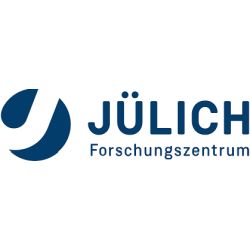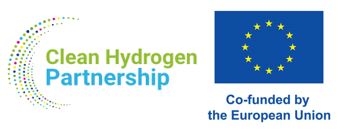
Forschungszentrum Jülich
FZJ
Organisation Introduction
The HI ERN was founded on 20 August 2013 as a branch office of Forschungszentrum Jülich in order to facilitate close cooperation between Friedrich-Alexander-Universität Erlangen-Nürnberg (FAU) and Helmholtz-Zentrum Berlin (HZB). The collaboration will enable research and development of material- and process-based solutions for climate-neutral, sustainable and cost-effective utilization of renewable energies. The collaboration relates to the areas of innovative materials and processes for photovoltaic energy systems and hydrogen as a storage and carrier medium for CO2-neutral energy.
Why ELECTROLIFE?
The results of ELECTROLIFE will directly contribute to solving the scalability issues of electrolyzer technologies by extending their lifetime, operating at higher current density and lower overvoltages, and introducing innovative materials, cells and stack designs. Standardized tests under dynamic conditions will provide valuable data for the further development of the technologies. In this context, the project will be beneficial for Forschungszentrum Jülich, as the research and development of electrolyzer technologies is a key topic at FZJ and the project will advance knowledge in the field of next generation electrolyzers that operate dynamically and with high efficiency.
What in ELECTROLIFE?
IEK-1 will provide experimental expertise in the field of proton conducting electrolysis cells (PCEC). The focus is on the development of robust PCEC cells based on improved materials and component configurations so that the degradation effects can be reduced and the lifetime of the cell extended. Laboratory scale PCECs up to semi-industrial dimensions (max 25 cm2) are supplied to partners for stack integration and testing. In addition, post-mortem analyses of the PCECs are carried out to determine degradation effects and correlate them with the operating conditions. To optimize cell and stack construction and validate the modeling approaches, pre- and post-mortem data will be analyzed together with partners and improvement strategies will be developed.
IEK-11 will contribute its knowledge of degradation protocols, materials and components to the ELECTROLIFE project to improve current acidic solid electrolyte membrane electrolyzers (PEMWE). Intensive studies of cell aging will be carried out first at the single-cell level and later at the stack level.
“The ELECTROLIFE-project will help us to significantly push the limits of knowledge on water electrolyzer technologies forward.”


